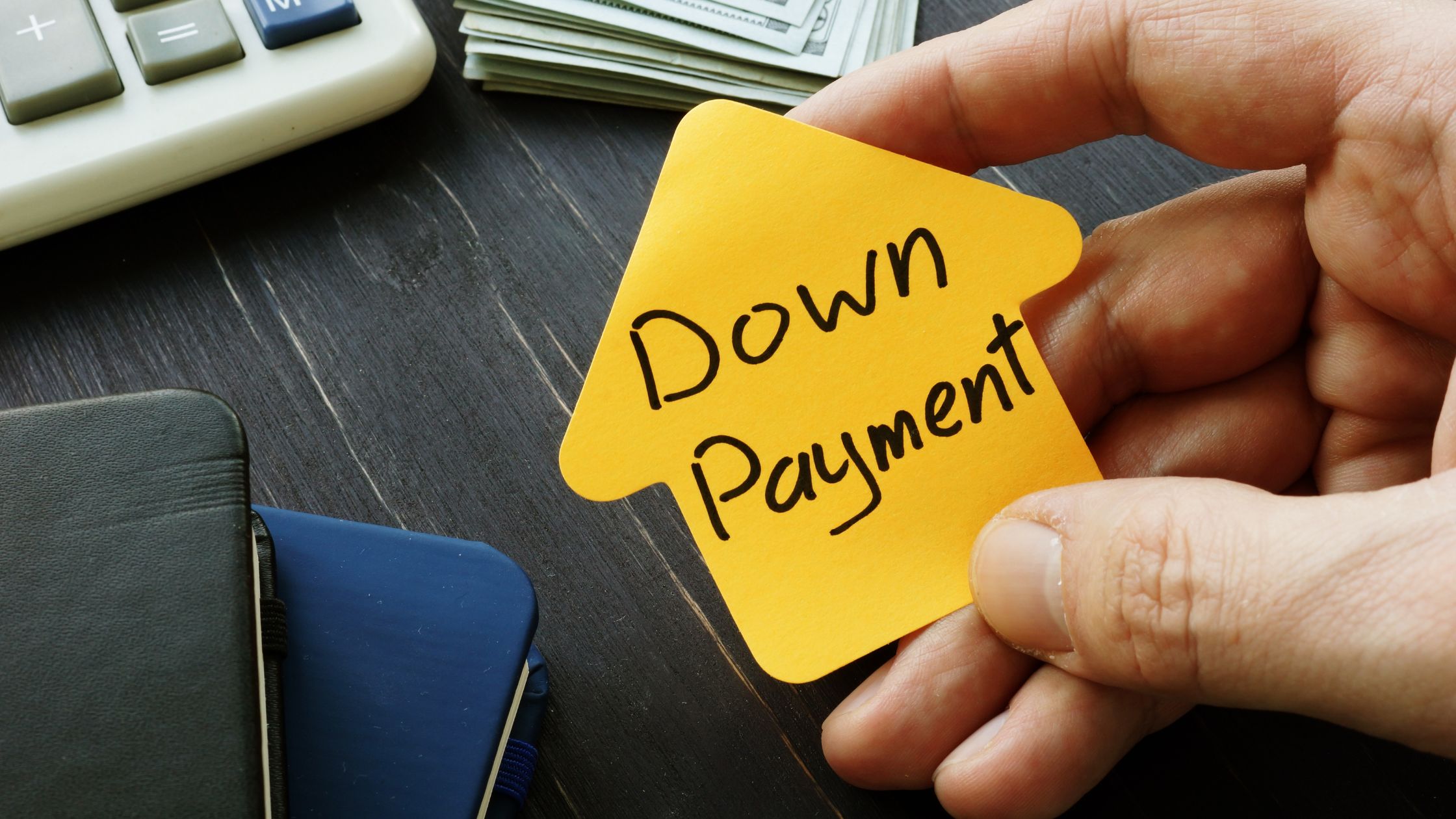Key Takeaways
-
Tax credits reduce the total amount of taxes owed, unlike deductions, which lower taxable income.
-
The Biden First-Time Homebuyer Act proposes a $15,000 tax credit but has not yet passed into law.
-
North Carolina’s NC Home Advantage Tax Credit helps first-time buyers save up to $2,000 per year on mortgage interest.
-
Alternative financial assistance includes FHA, VA, and USDA loans, as well as down payment grants and tax deductions.
Tax credits help reduce the amount of taxes owed, providing direct financial relief. Unlike deductions, which lower taxable income, tax credits apply dollar-for-dollar against your tax bill. For first-time homebuyers, these credits can make homeownership more affordable.
The Federal First-Time Homebuyer Tax Credit previously helped new buyers during the Great Recession, but that program ended in 2010. However, a new tax credit bill is under consideration in Congress. In the meantime, first-time buyers can still take advantage of federal and state assistance programs that offer tax benefits, grants, and loans.
How Tax Credits Work
Understanding the difference between tax credits and deductions is essential. A tax credit directly reduces the total tax owed. For example, if you owe $1,000 in federal taxes and receive a $1,000 tax credit, your tax liability drops to $0.
Tax credits fall into three categories:
-
Nonrefundable Tax Credits: These reduce your tax bill but won’t provide a refund. If your tax liability is lower than the credit amount, you won’t receive the difference.
-
Refundable Tax Credits: These offer a refund if the credit exceeds the tax owed. For example, if you qualify for a $3,000 refundable credit but only owe $2,000 in taxes, you receive a $1,000 refund.
-
Partially Refundable Tax Credits: These credits allow a partial refund if they exceed tax liability but are capped at a specific limit.
Who Qualifies as a First-Time Homebuyer?
Although the term “first-time homebuyer” may seem straightforward, government programs have specific eligibility requirements. According to the U.S. Department of Housing and Urban Development (HUD), you may qualify as a first-time homebuyer if:
-
You have not owned a home or co-signed a mortgage in the past three years.
-
You are a single parent who previously co-owned a home with a former spouse.
-
You are a displaced homemaker who owned a home only with a spouse.
-
You have only owned a home permanently attached to a foundation, such as a mobile home.
-
You have owned a home that does not meet local or state building codes and would cost more to repair than rebuild.
Even if you have previously owned a property, you may still qualify as a first-time homebuyer under these guidelines.
What Was the 2008 Federal First-Time Homebuyer Tax Credit?
During the Great Recession, the U.S. government introduced the Federal First-Time Homebuyer Tax Credit to encourage homeownership. From April 9, 2008, to September 30, 2010, eligible buyers could receive a tax credit equal to 10% of the home’s purchase price, up to $7,500 (later increased to $8,000).
Initially, this credit had to be repaid over 15 years. However, a 2009 extension eliminated the repayment requirement for buyers who kept their homes for at least three years. The program officially ended in 2010, but a new proposal could bring back similar benefits.
What Is the Biden First-Time Homebuyer Act?
The Biden First-Time Homebuyer Act of 2021 proposes a refundable tax credit of up to $15,000 for first-time homebuyers. This bill aims to modernize the expired 2008 tax credit by offering financial assistance to new buyers.
Under this plan, eligible homebuyers would receive a tax credit equal to 10% of the home’s purchase price, with a maximum limit of $15,000. However, as of March 2024, Congress has not passed this bill into law. While the House of Representatives approved it in 2021, it still awaits Senate approval, and no official timeline has been set.
State-Level Tax Credits for First-Time Homebuyers
Even though no federal tax credit is currently available, some states offer tax incentives to help first-time buyers.
NC Home Advantage Tax Credit
North Carolina’s NC Home Advantage Tax Credit provides up to $2,000 in annual tax savings for first-time homebuyers and military veterans. This program uses a Mortgage Credit Certificate (MCC) to reduce federal taxes by allowing buyers to claim:
-
30% of mortgage interest on an existing home (up to $2,000 per year).
-
50% of mortgage interest on a newly built home (up to $2,000 per year).
To qualify, homebuyers must apply for an MCC through the NC Housing Finance Agency before purchasing their home.
Other Assistance Programs for First-Time Buyers
Since a federal tax credit is not currently available, first-time homebuyers can explore alternative programs to reduce homeownership costs.
First-Time Homebuyer Loans
Specialized mortgage programs help new buyers by offering lower down payments and reduced interest rates. Some popular loan options include:
-
FHA Loans: Require as little as 3.5% down.
-
VA Loans: Available to eligible military members and veterans with no down payment required.
-
USDA Loans: Offer zero down payment options for homes in eligible rural areas.
Down Payment Assistance Programs
Many states, cities, and counties offer grants and forgivable loans to help first-time buyers cover down payments and closing costs. These programs vary by location but can significantly reduce upfront expenses.
Tax Deductions for Homeowners
Even without a tax credit, homeowners can take advantage of deductions that lower their taxable income. Common tax deductions include:
-
Mortgage Interest Deduction: Allows homeowners to deduct interest paid on their mortgage.
-
Property Tax Deduction: Lets homeowners deduct state and local property taxes from their federal tax bill.
Next Steps for First-Time Buyers
If you’re considering buying a home, take advantage of available tax benefits and assistance programs. Research loan options, explore down payment assistance, and consult a tax professional to maximize savings.
Use our free mortgage and amortization calculators to estimate your monthly payment, including mortgage insurance, property taxes, and interest.
FAQs: First-Time Homebuyer Tax Credits
No SSN required. Zero impact to credit. Your Information is never sold.


